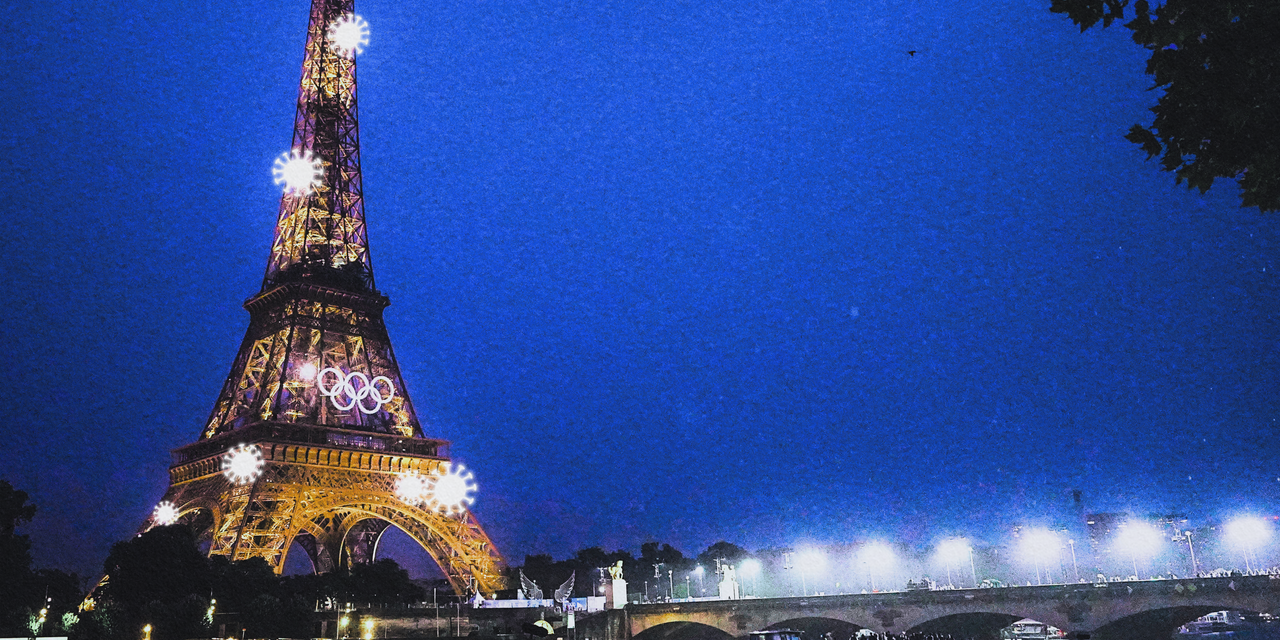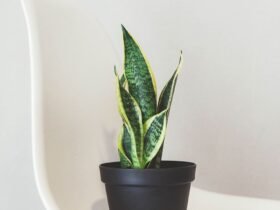In the leadup to the Paris Games, we couldn’t escape how “normal” it was all supposed to be: Media outlets touted the return of cheering spectators in place of empty stadiums, a hyped opening ceremony packed with hundreds of thousands of fans, arrivals of friends and families to help athletes celebrate huge wins (and process tough losses)—and no masks in sight.
All in all, as the AP wrote at the beginning of July, the Paris Games would mark the return to “post-pandemic” “normal,” following “a stretch when host cities turned into closed-off shells of themselves, depriving those who had earned their way inside the so-called Olympic ‘bubble’ of a true Olympic experience.”
But as we’re learning as the 2024 Summer Games go on, popping that bubble might have been more than a little premature—and the athletes could be the ones paying the price.
To be clear, the lack of spectators, family support, and ability to connect with others wasn’t easy for the athletes. As fencer Kat Holmes told SELF, the atmosphere was “very restrictive.” “In Rio, it was like, ‘We’re here together, we’re gonna get to know each other,’” she said. “In Tokyo, it was like, ‘Oh, my God, don’t breathe on me.’” So we totally get the desire to avoid that—it’s just that, unfortunately, COVID hasn’t gotten the memo.
The strict rules of Tokyo and Beijing didn’t exactly make it to Paris.
In Tokyo, the rules for the athletes were strict, so much so that the term “intimacy ban” kept getting thrown around. The reason for the “safety first” policies, according to a 70-page playbook released one month before the 2020 Games (which actually happened in 2021), was to protect all athletes, participants, and the people of Japan from the spread of COVID-19. As such, it detailed policies including mask wearing “at all times” (except for sleeping, eating or drinking, training, or competing); avoiding the “3 c’s” (spaces that are confined, crowded, or involve close contact); testing regularly for COVID-19, whether you were symptomatic or not; and isolating yourself if you do test positive, among others.
Laurence Griffiths/Getty Images
















Leave a Reply